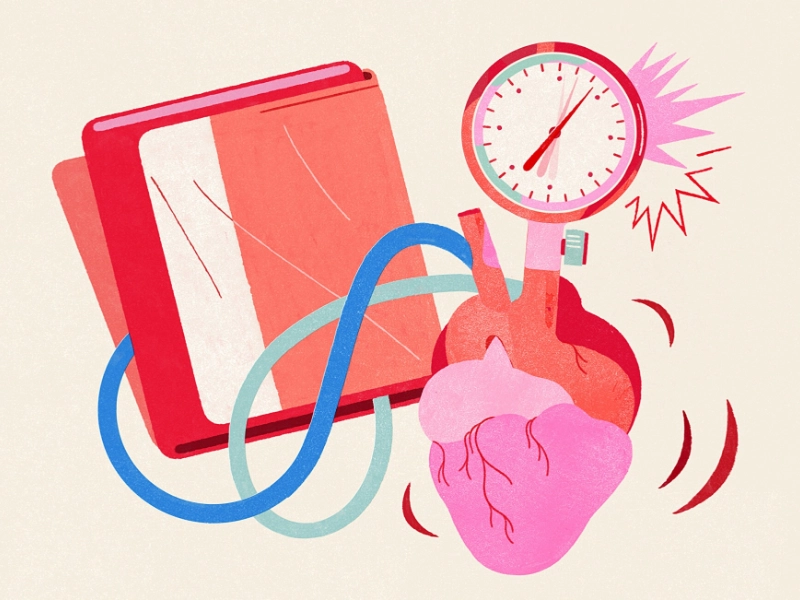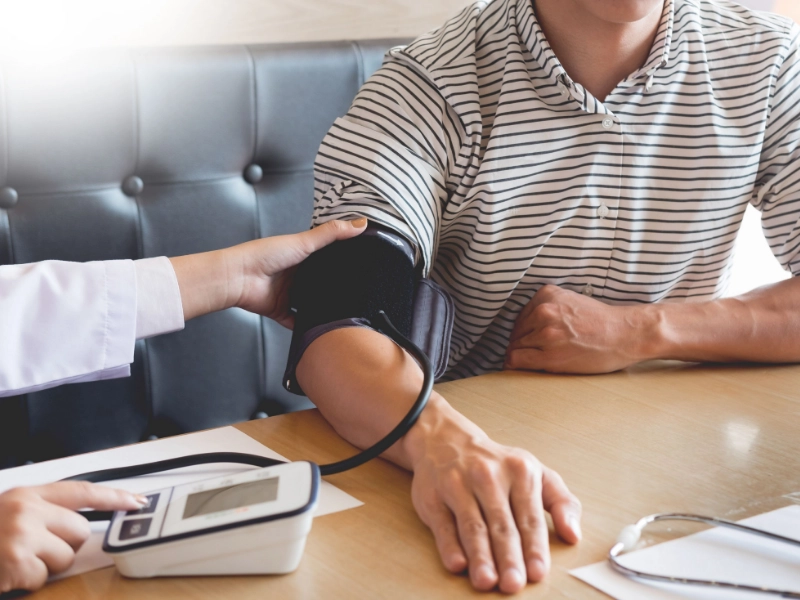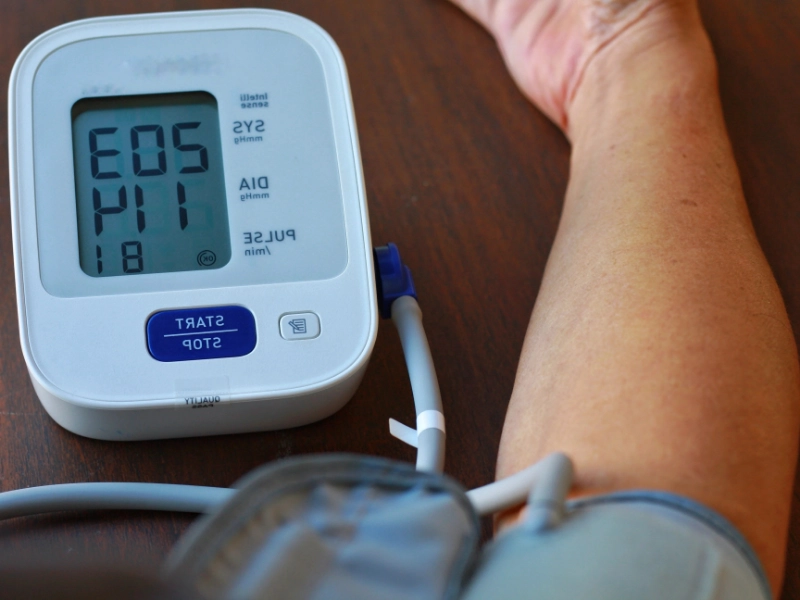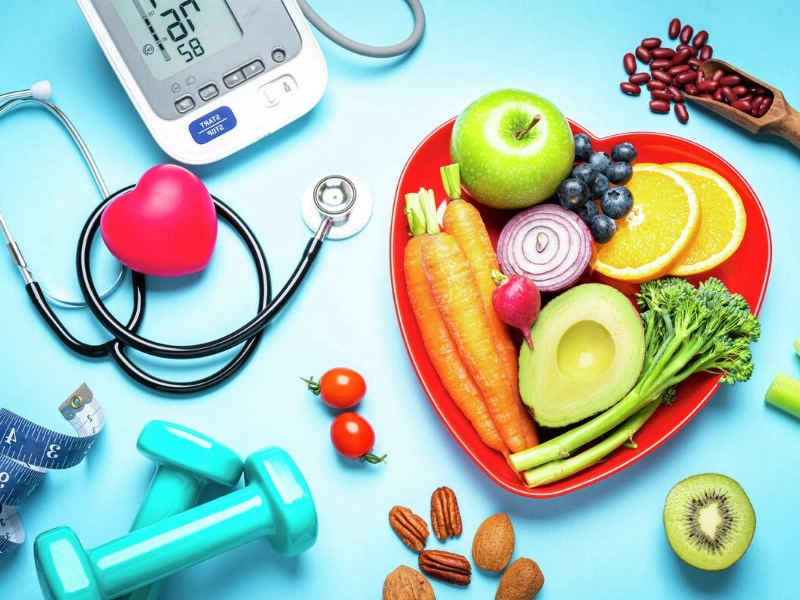Cause

High blood pressure can be caused by a number of things, such as a buildup of fat and cholesterol in the arteries, excessive salt intake, or an irregular heartbeat. If left untreated, hypertension significantly increases the risk of stroke, heart disease, kidney damage and eye problems.
Symptoms

Blood pressure causes heart attacks when too much force from the heart's blood pushes against the walls of the arteries. Over time, this pressure builds up, leading to irreparable damage in various parts of the body. High blood pressure causes arteries to lose their flexibility and become stiff or narrow, making it easier for fatty material (atheroma) to block them. This can lead to serious health complications such as heart attack, stroke or kidney disease.
Treatment

Treatment for high blood pressure typically begins with lifestyle changes to bring it down to a safe level. If your readings (systolic 120 to 129 mm Hg or diastolic 80 to 89 mm Hg) are abnormal, your doctor may try to reduce them through diet, stopping smoking, and limiting your alcohol intake. If lifestyle changes fail to control high blood pressure, medications may be used. They work by lowering your heart rate, protecting your heart and other organs from damage, and helping you avoid serious health problems such as stroke, heart attack, heart failure, or dementia.
Prevention

One of the best ways to prevent hypertension is through lifestyle changes. These could include losing weight if you are overweight, eating nutritiously and getting regular exercise. According to the American Heart Association (AHA), people with high blood pressure should limit their sodium intake to 1,500 mg or less of salt per day. Other healthy dietary choices include various fruits and vegetables, whole grains, low-fat dairy products, and fish.







